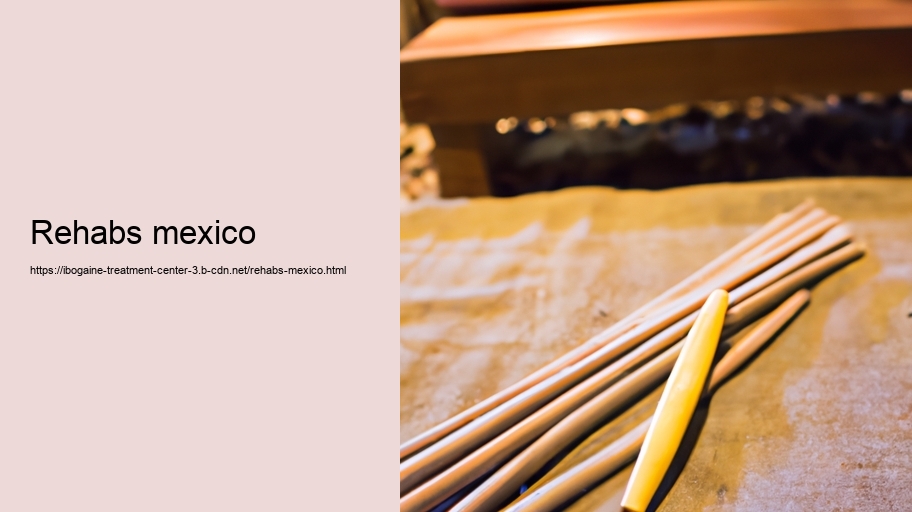Title: The Landscape of Rehabilitation in Mexico: A Journey Towards Renewal
Introduction:
In the serene embrace of Mexico's diverse landscapes, from the bustling streets of Mexico City to the tranquil shores of Tulum, lies a network of rehabilitation centers known as "rehabs." These sanctuaries offer hope and healing for individuals grappling with various forms of addiction or seeking respite from life's challenges. This essay delves into the essence of rehabs in Mexico, exploring their philosophies, approaches, and the unique cultural context that shapes their operations.
The Philosophy Behind Rehabs in Mexico:
Rehabilitation centers in Mexico are grounded on a philosophy that combines professional medical treatment with holistic therapies. Emphasizing the mind-body-spirit connection, these facilities often integrate traditional Western medicine with alternative practices such as meditation, yoga, art therapy, and equine-assisted therapy. This fusion is reflective of the larger Mexican ethos—one that values both modern advancement and ancient traditions.
Approaches to Treatment:
Each rehab center in Mexico offers a tailored approach to treatment, recognizing that every individual’s journey towards recovery is unique. Programs typically begin with detoxification under medical supervision, ensuring a safe withdrawal process. Following detox, personalized treatment plans may include one-on-one counseling sessions, group therapy meetings designed to foster peer support and share experiences, cognitive-behavioral therapy (CBT) to address destructive thought patterns and family therapy to heal relationships affected by addiction.
Moreover, many rehabs place significant emphasis on aftercare planning—a critical component for maintaining long-term sobriety. Aftercare might involve ongoing counseling sessions or connecting individuals with local support groups like Alcoholics Anonymous (AA) or Narcotics Anonymous (NA).
The Cultural Context:
Cultural sensitivity plays a pivotal role in rehabilitation services across Mexico. Understanding that culture influences how people perceive addiction and recovery allows treatment providers to customize their care accordingly. For instance, some rehab centers incorporate indigenous healing practices or provide services in Spanish to accommodate clients' linguistic preferences.
Besides catering to residents' needs within its borders, Mexico has become an attractive destination for international clients seeking affordable yet high-quality treatment options away from familiar triggers back home. Often referred to as "rehab tourism," this phenomenon has led many foreigners to choose Mexican rehabs for their welcoming atmosphere combined with professional expertise.
Challenges Faced by Rehabs in Mexico:
Despite offering comprehensive care programs and being situated amidst soothing environments conducive to recovery, rehabs in Mexico face several challenges. Stigma surrounding addiction remains an obstacle leading many individuals suffering from substance abuse disorders not to seek help they need out of fear or shame.
Additionally, economic disparities mean that while private rehabs might provide luxury accommodations for those who can afford them; public facilities grapple with limited resources affecting accessibility and quality care for lower-income populations.
Conclusion:
Rehabilitation centers within the vibrant nation of México represent beacons of hope where personal transformation is possible through expert medical assistance paired harmoniously alongside culturally sensitive approaches promoting overall wellness—physically emotionally spiritually alike.
As society continues evolve toward greater understanding compassion concerning matters pertaining mental health substance abuse there's optimism more accessible effective treatments will emerge allowing everyone regardless socio-economic status chance at renewed life free bonds which hinder true potential flourish—both within scenic boundaries beyond.
